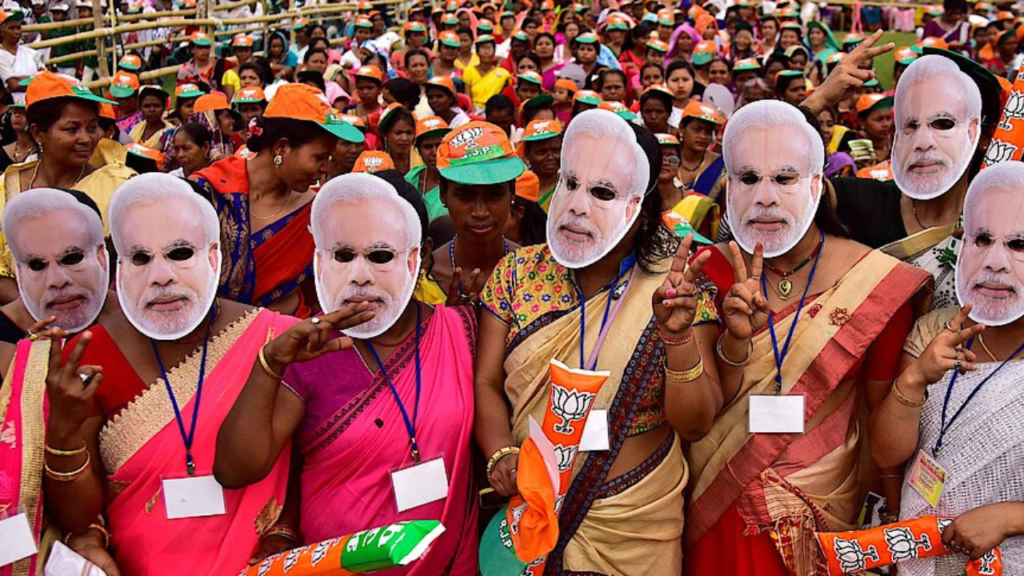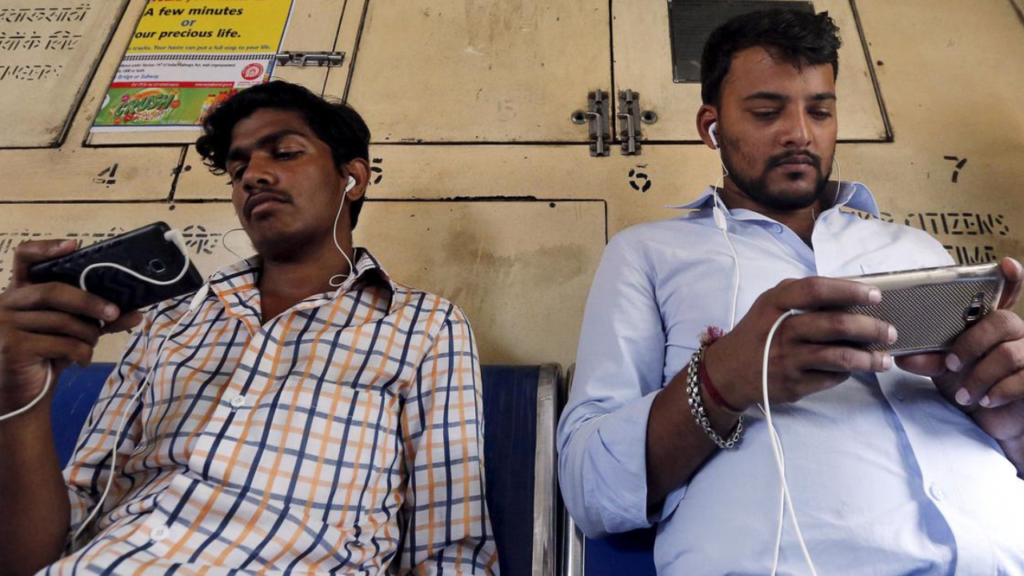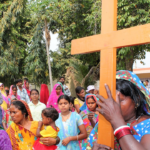In a year marked by unprecedented global elections, a World Economic Forum (WEF) report highlights the escalating threat of false information as a major risk faced by people worldwide. The 2024 Global Risk Report, based on input from 1,490 experts across academia, business, government, and civil society, reveals a concerning landscape where misinformation and disinformation pose significant challenges.
The report identifies India as the country facing the highest risk of misinformation and disinformation, with experts ranking it above other critical risks such as infectious diseases, illicit economic activity, inequality (wealth and income), and labour shortages.
Misinformation at the time of the election
With India gearing up for its next general election between April and May 2024, the potential impact of misinformation becomes even more pronounced, given the nation’s population of 1.4 billion.

The 2019 Indian election saw a surge in fake news, particularly through platforms like WhatsApp and Facebook, where parties weaponized these channels to spread incendiary messages, raising concerns about online anger spilling into real-world violence. Similarly, during the COVID-19 pandemic, misinformation again plagued India, primarily through WhatsApp.
WEF analysts emphasise the potential consequences, stating that misinformation and disinformation in electoral processes could destabilise the legitimacy of newly elected governments, leading to political unrest, violence, and a gradual erosion of democratic processes.
As the world approaches elections in key economies such as Bangladesh, India, Indonesia, Mexico, Pakistan, the United Kingdom, and the United States over the next two years, the widespread use of misinformation and disinformation poses a significant risk, threatening the legitimacy of elected governments and potentially sparking unrest on a global scale.

The report unveils a global perspective on misinformation risks, with countries like El Salvador, Saudi Arabia, Pakistan, Romania, Ireland, Czechia, the United States, Sierra Leone, France, and Finland all ranking highly in facing the 4th–6th most dangerous risks out of 34 analyzed. The United Kingdom falls slightly lower, ranked 11th in perceived threats related to misinformation and disinformation.
Beyond the Elections
Beyond elections, the report foresees an increase in societal polarisation and an economic downturn as central risks in an interconnected network of challenges. The spread of misinformation and disinformation is expected to infiltrate public discourse on issues ranging from public health to social justice. The rise of domestic propaganda and censorship is a concern, with governments potentially gaining increased control over information based on their interpretation of truth.
The report anticipates a personalised and targeted approach to disinformation, reaching specific groups through opaque messaging platforms like WhatsApp or WeChat, which are identified as conduits for the dissemination of false information.









